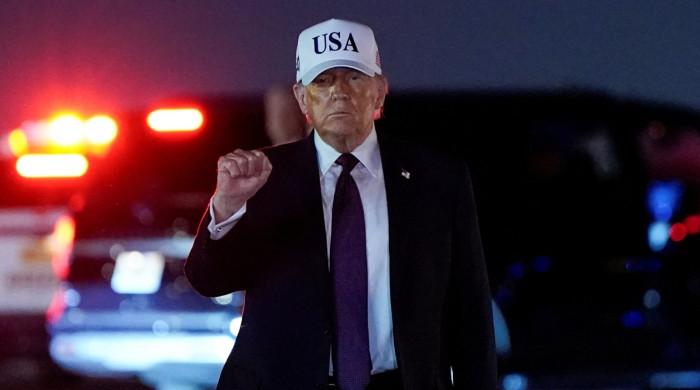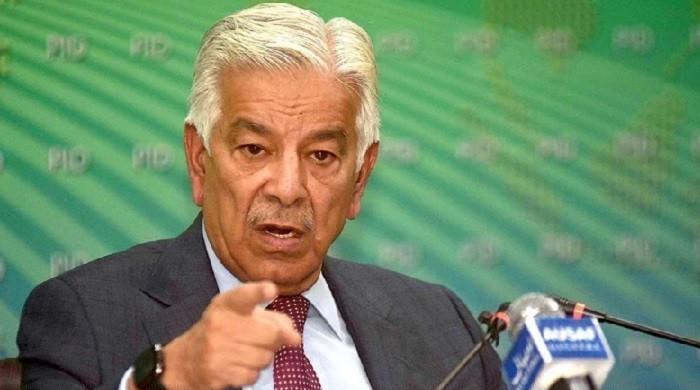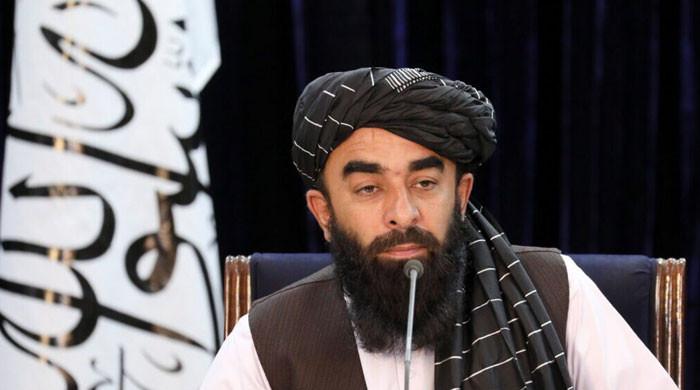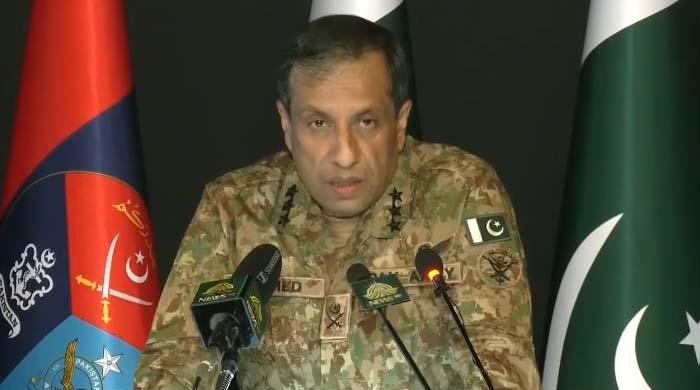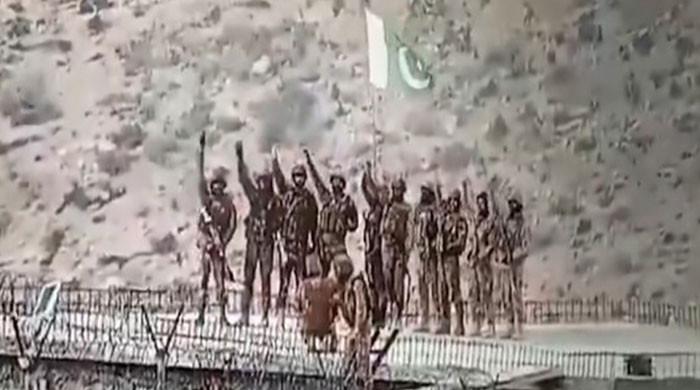Pakistan's arms-control agenda advances as UN body adopts four resolutions
Measures on nuclear security assurances and arms control passed by wide consensus at UNGA’s First Committee
November 09, 2025
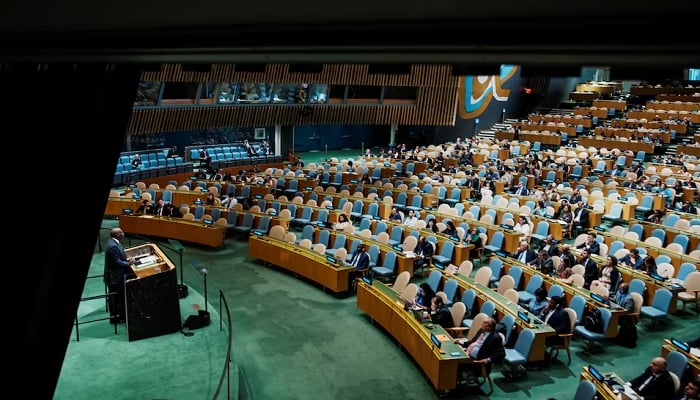
- Two regional disarmament, CBM resolutions passed by consensus.
- Pakistan says vote boosts support for “negative security assurances.”
- Adoption comes months after Pak–India tensions raised nuclear fears.
The First Committee of the 80th session of the United Nations General Assembly has signed off on four Pakistan-sponsored resolutions dealing with regional disarmament, confidence-building and security assurances for non-nuclear states, Pakistan’s mission to the UN said on Saturday.
The vote comes only months after Pakistan and India engaged in a short but intense war in May that left about 70 people dead on both sides and revived fears about how quickly a crisis between two nuclear neighbours can spin out of control.
In its statement, Pakistan’s mission said the committee adopted two texts by consensus — “Regional disarmament” and “Confidence-building measures in the regional and sub-regional contexts.”
Two more — “Conclusion of effective international arrangements to assure non-nuclear-weapon States against the use or threat of use of nuclear weapons” and “Conventional arms control at the regional and subregional levels” — passed with strong support from member states.
“Pakistan has, for decades, led initiatives in the United Nations to advance priority issues of nuclear disarmament, regional disarmament, conventional arms control and confidence-building measures,” the statement said.
It added that the latest approvals “reaffirm the importance of the international community’s priority on ‘negative security assurances’ as well as embracing regional approaches to disarmament and arms control.”
Calls for stronger mechanisms come in the shadow of Pakistan’s recent clash with India.
After that episode, General Sahir Shamshad Mirza warned in a speech in Singapore that the fighting had increased the risk of escalation and that outside mediation might not be as effective the next time.
He also pointed to the lack of crisis-management channels between the two states.
Resolutions cleared by the First Committee now move to the full General Assembly for a formal vote later in the session.
Earlier this year, Pakistan and Indian engaged in a military showdown, the worst between the old foes in decades, which was sparked by a terrorist attack on tourists in Indian Illegally Occupied Jammu and Kashmir's Pahalgam area, which New Delhi alleged was backed by Pakistan.
Islamabad denied involvement in the Pahalgam attack, which killed 26 men and offered to participate in a neutral probe into the deadly incident.
During the clashes, Pakistan downed seven Indian fighter jets, including three Rafale, and dozens of drones. After at least 87 hours, the war between the two nuclear-armed nations ended on May 10 with a ceasefire agreement brokered by the US.




